Thousands celebrate historic India-Bangladesh border pact
Under the agreement each country will assume sovereignty over all enclaves in its territory
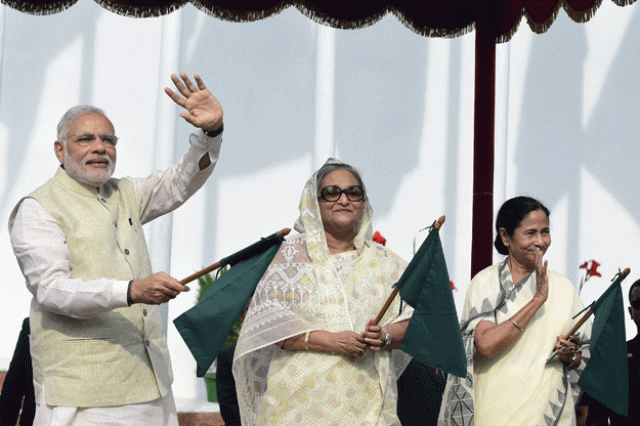
Indian Prime Minister Narendra Modi , Bangladeshi Prime Minister Sheikh Hasina and West Bengal Chief Minister Kumari Mamata Banerjee attend the inauguration of international bus services between India and Bangladesh in Dhaka on June 6, 2015. Bangladesh and India on June 6 sealed a historic land pact to swap territories, which will finally allow tens of thousands of people living in border enclaves to choose their nationality after decades of stateless limbo. PHOTO: AFP
Poor villagers living in border enclaves waved Bangladeshi flags, held street parades and broke down in tears after Saturday's ratification of the deal covering parts of the border along India's eastern flank.
"I have never dreamt that I would live to see myself become a citizen of any country," said Moinul Haq, who lives in one of the Indian enclaves inside Bangladeshi territory.
"We have finally tasted freedom after 68 years," he said by phone, bursting into tears as he joined a "victory procession" of more than 1,000 members of his Boshpechai-Bhitokuti enclave.
Similar celebrations were held in other enclaves, said Golam Mostofa, general secretary of an association of enclaves.
"All of us are now Bangladeshi citizens. Our pains and decades of frustrations are over. We're now liberated and can now claim citizenship rights. The enclaves will now have schools, clinics and government offices," Mostofa said.
Indian Prime Minister Narendra Modi signed the pact with his Bangladeshi counterpart Sheikh Hasina in a ceremony on Saturday, the highlight of his two-day visit to India's closest ally.
 Indian Prime Minister, Narendra Modi receives a floral bouquet from a young girl as Bangladeshi Prime Minister, Sheikh Hasina Wajid looks on at the Hazrat Shahjalal International Airport in Dhaka on June 6, 2015. PHOTO: AFP
Indian Prime Minister, Narendra Modi receives a floral bouquet from a young girl as Bangladeshi Prime Minister, Sheikh Hasina Wajid looks on at the Hazrat Shahjalal International Airport in Dhaka on June 6, 2015. PHOTO: AFPAn agreement on the ownership of the 162 enclaves -- essentially islands of land located in each other's country -- had proved elusive for decades. They resulted from complex ownership arrangements made centuries ago by local princes.
Around 50,000 people are thought to live in the "islands" and lack many basic services such as schools, clinics and utilities because they are cut off from their national governments.
Read:India, Bangladesh seal border pact as Modi visits
Under the agreement each country will assume sovereignty over all enclaves in its territory.
Residents will be allowed either to stay put or to move across the border. The enclaves will effectively cease to exist.
Bangladesh actually endorsed the deal in 1974 but it was only last month that India's parliament gave its approval, paving the way for Saturday's joint ratification ceremony.
Modi and Hasina signed a series of other agreements on Saturday, including building much-needed power plants in Bangladesh, while India announced a $2 billion line of credit to Bangladesh to deepen relations.
Modi was expected later Sunday to meet embattled opposition leader Khaleda Zia before wrapping up his visit, his first to Bangladesh since being elected in May last year.
Indian officials have played down the idea of Modi mediating in the long dispute between Hasina and Zia, although he might urge Zia to ensure an end to anti-government attacks.
Scores of people have been killed in firebomb attacks on vehicles since Zia called a transport blockade at the start of the year in a bid to topple Hasina.
India refrained from criticising Hasina's re-election in January 2014 in a contest that was boycotted by the opposition and dismissed as "not credible" by Western nations.


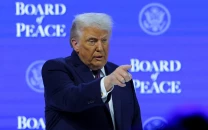
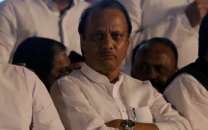
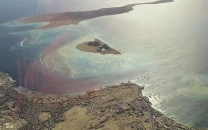
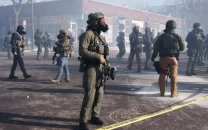
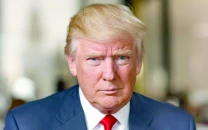












COMMENTS
Comments are moderated and generally will be posted if they are on-topic and not abusive.
For more information, please see our Comments FAQ